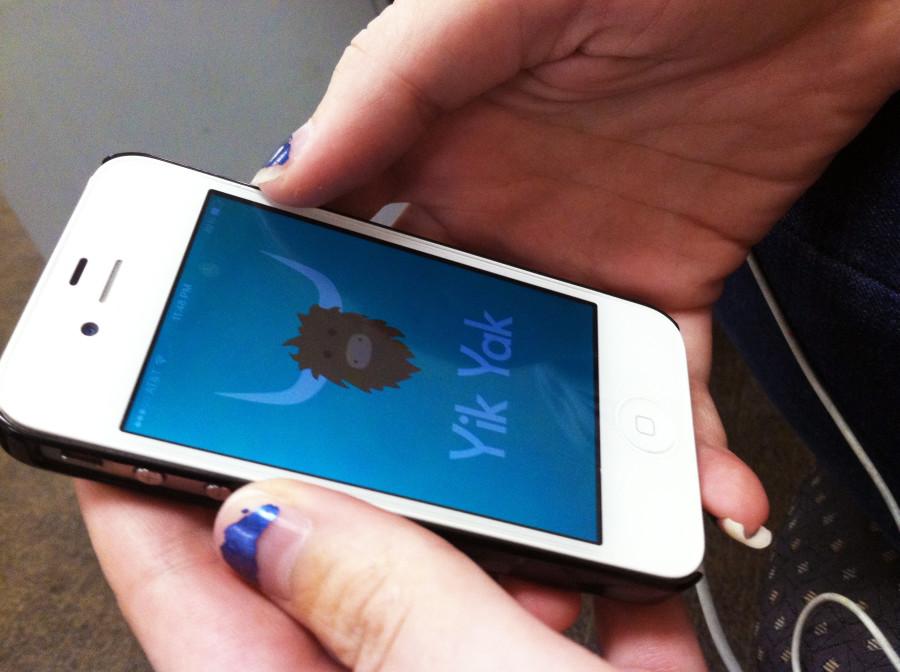 For me, an important rite of passage was finally making the transition from the kids’ table to the adults’ table at family functions like Thanksgiving and Christmas. At last, I was able to break free from the juvenile antics of my little cousins and sit alongside my parents, aunts
For me, an important rite of passage was finally making the transition from the kids’ table to the adults’ table at family functions like Thanksgiving and Christmas. At last, I was able to break free from the juvenile antics of my little cousins and sit alongside my parents, aunts
and uncles as their equal. Nowadays, with the kids mostly grown up, the two tables have essentially merged. However, that does not mean everyone at dinner is on the same page; some are on their Facebook pages instead.
One of my friends is an international student studying at Marquette for the semester. For break, he decided to go to a friend’s home but was somewhat disappointed to find that a Thanksgiving dinner consisted of the “older family members talking among themselves, while the younger ones sat around on their phones and didn’t talk.”
Anywhere one goes, the glow of smartphones and other devices surrounds us. These wonders of technology, far more advanced than the computers that brought Neil Armstrong to the moon, bring the world to your fingertips. We can now go shopping for coats while riding the bus, check our fantasy football teams in the middle of class and chat with our friends from college while back home.
These devices have created an environment in which users are constantly provided with a stream of on-demand entertainment. According to Nielsen, Americans spend roughly 270 hours a month looking at screens, with approximately 38 of those hours spent looking at their phones. Unfortunately, by spending so much time looking at an LCD, we often neglect to look at what is around us.
It is incredibly easy to get wrapped up in a world in which everything revolves around what you want to see. From what posts Facebook shares with you, to who we choose to follow on Twitter, technology has developed to give you what you want to see whenever you want it. If someone is bored, all they have to do is pull out their phone and in a few seconds receive instant gratification. “Turn on, tune in, drop out” was a phrase popularized by LSD guru Timothy Leary regarding the effects of drugs on the human psyche. Perhaps “turn on, log in, drop out,” is an appropriate adaptation for the modern world, in which technology has created an alternate reality for people to disconnect to.

While this may alleviate the tedious reality of waiting at the doctor’s office, what does it say about ourselves when we choose to focus on these devices during times set aside for family or friends?
We often say that we go home to ‘see family,’ but standing in front of someone while we scroll through our phone is not meaningful interaction in the slightest. I have often pondered how older people, those who grew up gathered around radio sets, must feel when they look at their grandchildren only to find a generation centered around itself. Today, we are connected to events in Ferguson and Egypt, but do not know what is going on with the person next to us.
As I have gotten older, and have seen my loved ones do so as well, I have come to realize something important. It is true that once something is on the Internet, it remains forever; unfortunately, we cannot say the same about the people in our lives. So this holiday season, put away the phone. Those cat videos will still be there when you are not busy with something important.







